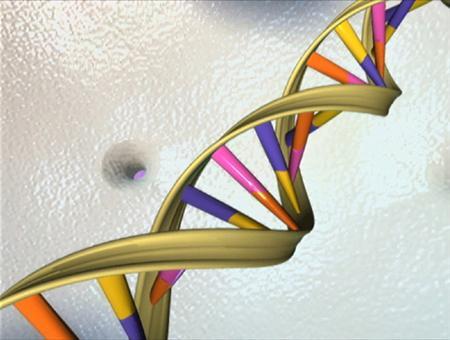Title: UN accord aimed at battling the 'biopirates'
Share:
Linkedin
Whatsapp
Facebook
 Description:
Description:
After more than 20 years of talks, the United Nations wants to finalise an international agreement this month on combating so-called biopiracy.
Their solution is to bring more transparency to the patenting of the traditional knowledge surrounding genetic resources.
The World Intellectual Property Organization, the UN agency dealing with IP and innovation, wants to get such knowledge protected from exploitation.
WIPO's 193 member states will negotiate an agreement from May 13 to 24 at the agency's headquarters in Geneva.
Here is a summary of the issues at stake, the fault lines and why countries have waited so long.
The use of genetic resources, and associated traditional knowledge, without the agreement of those who hold them, and without the holders being able to benefit.
Genetic resources are contained in, for example, medicinal plants, agricultural crops and animal breeds.
These resources are increasingly used in everything from cosmetics to seeds, medicines, biotechnology and food supplements.
As it is not obligatory to publish the origin of innovations, many developing countries are concerned that patents are being granted that either circumvent the rights of indigenous people or are issued for existing inventions. Such cases can end up in lengthy legal battles.
"This is referred to colloquially as biopiracy," said Wend Wendland, the director of WIPO's traditional knowledge division.
While natural genetic resources themselves cannot be directly protected as intellectual property -- because they are not creations of the human mind -- inventions developed using them can be, most often through a patent, says WIPO.
Inventions based on genetic resources, and the related traditional knowledge used and conserved by indigenous peoples over generations, may be eligible for protection through the patent system.
Patent applicants will have to disclose from which country the genetic resources involved in the invention came, and the indigenous people that provided the traditional knowledge.
The goal is to increase the "efficacy, transparency and quality" of the patent system, says WIPO, to ensure the invention is indeed new and that the countries and communities concerned have given their agreement.
More than 30 countries have such disclosure requirements in their national laws. Most of these are developing countries, including China, Brazil, India and South Africa, but there are also European states, such as France, Germany and Switzerland.
But these procedures vary and are not always mandatory.
Transparency should boost the implementation of the Nagoya Protocol, which stipulates that persons providing genetic resources or traditional knowledge should benefit from the advantages -- financial or otherwise -- arising from their use.
Developing countries have been calling for more transparency on the origin of genetic resources for decades, but it was Colombia that made the first official request to WIPO in 1999.
It took years of negotiations to reduce 5,000 pages of documentation on the subject down to the 11-page draft agreement.
Two years ago, countries unexpectedly agreed to convene a diplomatic conference in 2024 to conclude an agreement.
Only the United States and Japan officially dissociated themselves from the decision, without however opposing the consensus.
WIPO hopes the agreement can be adopted by consensus rather than a vote.
For indigenous peoples and developing countries, an agreement "would be seen as like a win", Thiru Balasubramaniam from the NGO Knowledge Ecology International told AFP.
Several issues still need thrashing out, including what happens to those who break the rules.
The draft text gives patent applicants a chance to rectify any non-disclosure of information before sanctions are imposed, and the patent can only be revoked in the event of intent to defraud.
Countries must also agree on the definition of genetic resources.
Read: Tech-based agri-revival must for economy
There are disagreements over the information that patent applicants must provide: should they, for example, name the country in which a plant grew, or that plant's place of origin?
There are also questions around the scope of the agreement, for example over whether to include human genetic resources.
The International Chamber of Commerce urged WIPO member states to "consider the voice of the business community to strike an appropriate balance" so as not to hinder innovation.
Published Date: 08-May-2024
Share:
Linkedin
Whatsapp
Facebook
